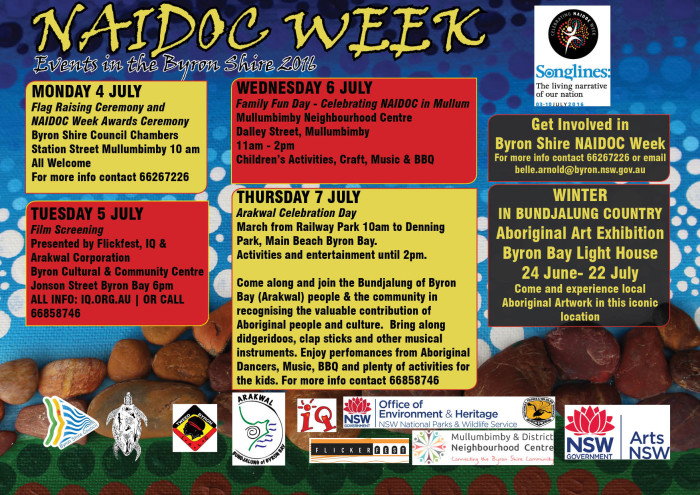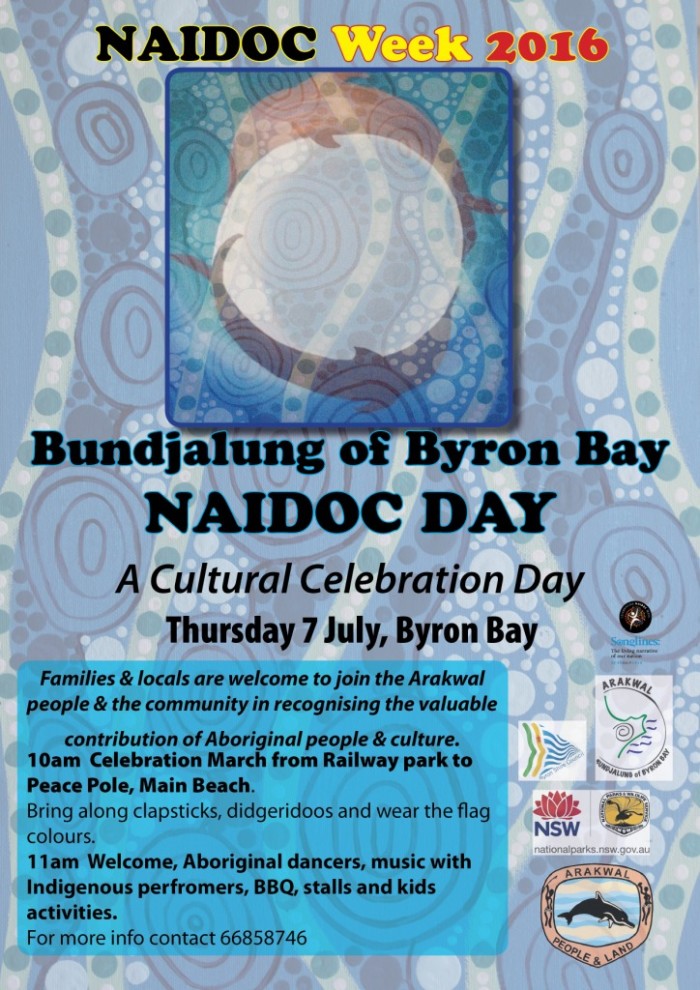According to the Australian Bureau of Statistics census (2011) the Aboriginal population in Australia is 548,368. The total population of Australia is 21,507,717. This equates to Aboriginal people making up 2.5% of total Australian population.
Generally just being Aboriginal exposes you to a vast range of statistics and averages that are equal to and in many cases worse than those living in third world conditions. Have a look at some key statistics below on important social indicators and you can see how we lag behind non-indigenous people in Australia in these and other areas.
Education
• 25% of indigenous people had completed year 12, compared with 52% of non-Indigenous people.
• 26% of Indigenous people reported having a post-school qualification, compared with 49% of non-Indigenous people.
• 4.6% of Indigenous people had attained a bachelor degree or higher, compared with 20% of non-Indigenous people.
Employment
• 42% of Indigenous people aged 15 years or older were employed and 17% were unemployed. In comparison, 61% of non-Indigenous people were employed and 5% were unemployed
• The most common occupation classification of employed Indigenous people was ‘labourer’ (18%) followed by ‘community and personal service workers’ (17%). The most common occupation classification of employed non-Indigenous people was ‘professional’ (22%).
Income
• The average gross household income for Indigenous persons was around approximately 59% of that for non-Indigenous persons.
Source: Australian Bureau of Statistics (2012) Census of population and housing: characteristics of Aboriginal and Torres Strait Islander Australians, 2011. Canberra: Australian Bureau of Statistics.
The Arakwal people are not separate from these statistics and averages. Many of our people have passed on at too young an age, and many still live in harsh conditions. Prior to the Native Title legislation the Arakwal people were not recognised within any level of Government or community. Essential Services and employment opportunities were nonexistent. Many larger communities have developed Aboriginal organisations to address needs and to develop their communities. Many smaller communities had no voice and could only expect to rely on outreach services to try to address issues and deliver vital services.
Substantial improvement to the health and wellbeing of our people requires integrated strategies involving all levels of government, business interests and the wider community working with us to effectively address the complex factors underlying the disadvantages we suffer. This needs to be part of a long-term vision and approach that includes adequate resources and effort being made available over a long period of time, and through changing economic and political cycles.
To learn more about the current conditions the majority of Aboriginal people in Australia live under please have a look at the link below.
http://www.healthinfonet.ecu.edu.au/health-facts/overviews/the-context-of-indigenous-health
The negotiation of the 1st Indigenous Land Use agreements (IULA) in 2001 between the Arakwal people and the NSW Government provided the Arakwal with the first real chance to develop new opportunities for our people. The ILUA’s and the establishment of the Bundjalung of Byron Bay Aboriginal Corporation (Arakwal) has meant that the Arakwal people are now in a better position to care for the well being of Arakwal people and land.To learn more go to the Key Activities under Arakwal Corporation.
http://arakwal.com.au/category/arakwal-corp/key-activities/
Alongside the welfare and social issues that we contend with every day, some of the main issues we seek to address are:
- Employment and education opportunities
- Cultural rejuvenation and practices
- Caring for Country beyond the Arakwal National Park
- Cultural resources agreement with Cape Byron Marine Park
- Children and youth support programs
- Adequate housing so mob can return to Country
- Business and economic development
- Social development and positive lifestyle choices
We believe that by working positively on these areas together with the wider community it provides us with the foundation to make real change and a positive impact for the Arakwal people and land now and in the future.
 NAIDOC Week 2016
NAIDOC Week 2016 NAIDOC Program
NAIDOC Program Cultural Celebration
Cultural Celebration